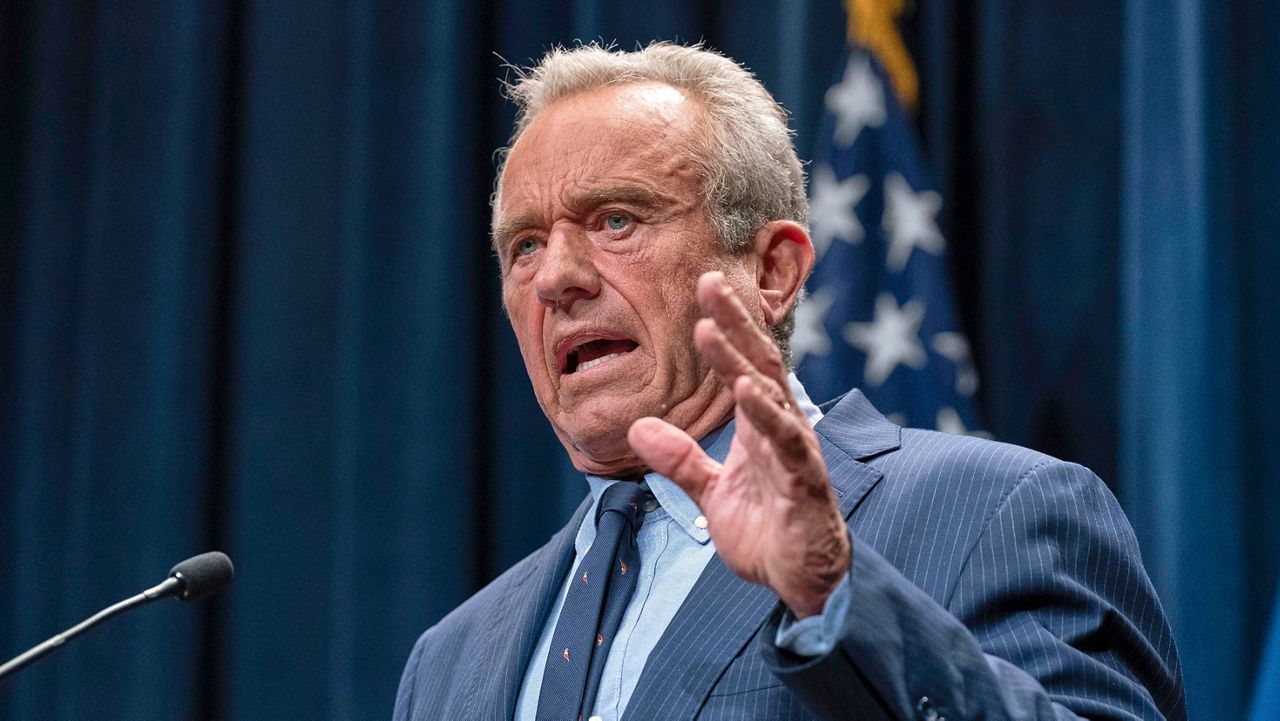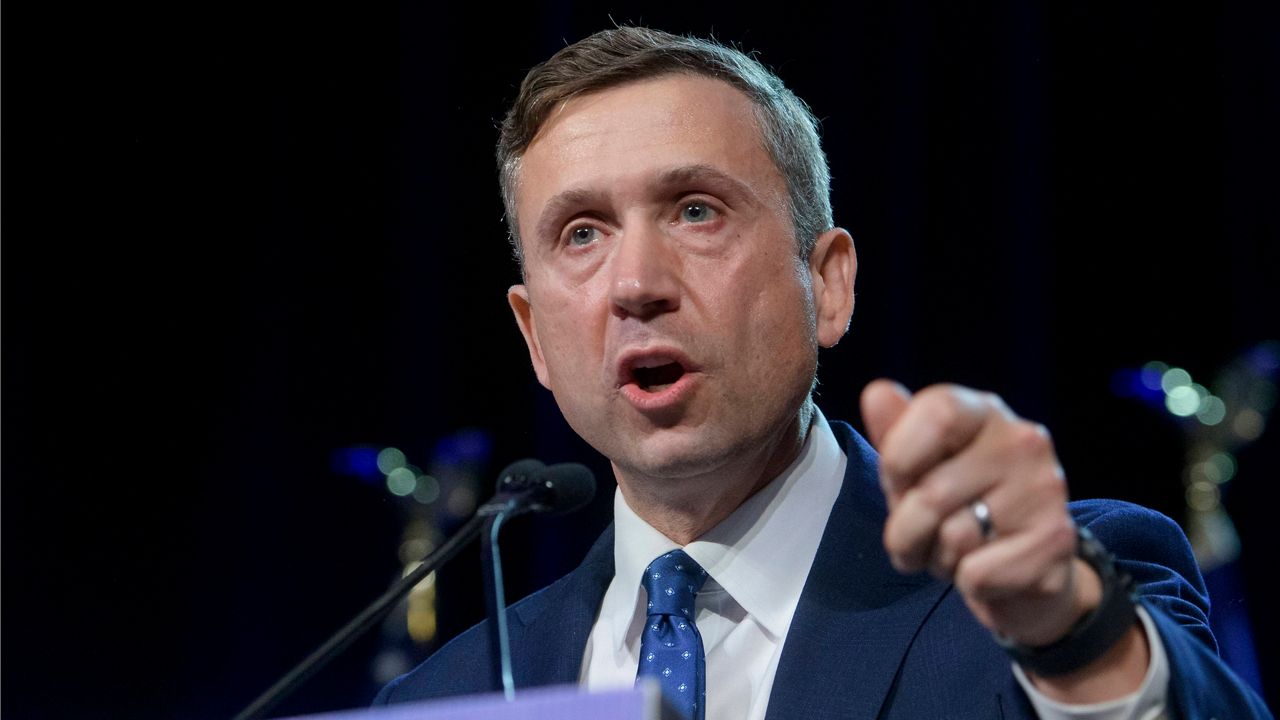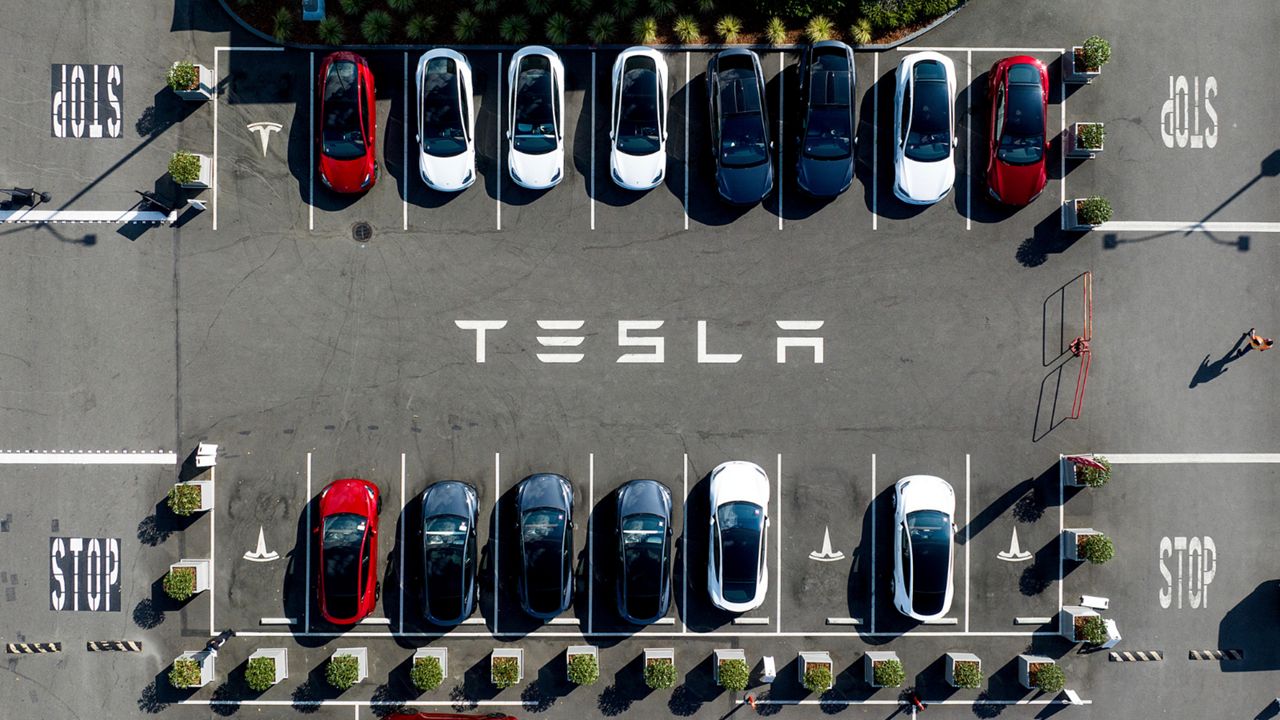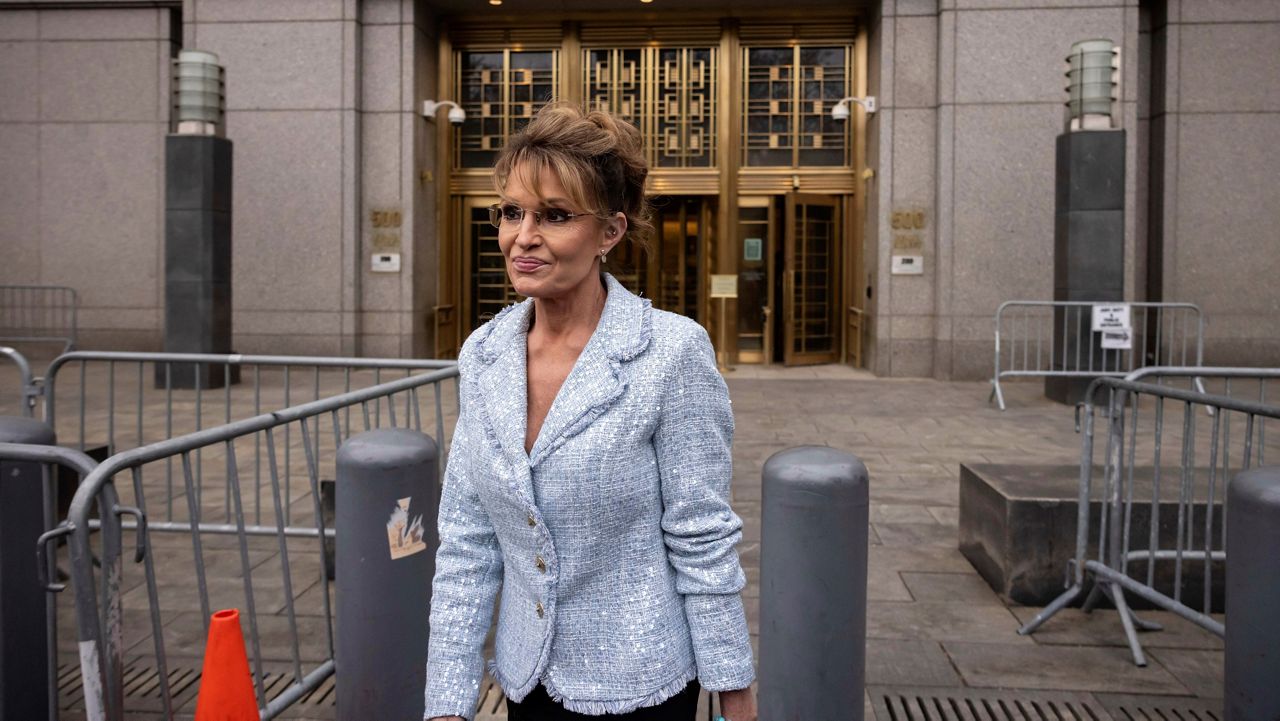In a speech not unlike what one might hear at a campaign rally — and with a potential second White House bid in mind — President Joe Biden laid out his policy blueprint for the next year in the crucial battleground state of Pennsylvania.
Biden visited a union hall in Northeastern Philadelphia on Thursday to detail his administration’s ambitions for the next year, while also contrasting his agenda with that of House Republicans.
“My budget’s gonna give working people a fighting chance,” the president told the assembled crowd, a mix of International Union of Painters and Allied Trades members, union leaders and members of the community.
“My budget reflects what we can do to lift the burden and hardworking Americans and there's more than one way to do that,” he later added, touting a number of the initiatives in the proposal — from lowering prescription drug prices to investing in paid family and medical leave — calling them crucial to reducing costs for the American people and bolstering the economy.
"All the thing are going to help folks go to work, generate economic growth in our nation and still take care of their families," Biden said. "The point is that when every time I talk about things, people talk about like 'this is an overwhelming burden on the taxpayer.' It's going to save money for the taxpayers. It really does! Save money for the taxpayers and generate growth. That's how the economy grows."
The president’s proposal sets the stage for a high-stakes confrontation with House Speaker Kevin McCarthy, R-Calif., and congressional Republicans over raising the government’s borrowing limit. Republicans are demanding spending cuts in exchange for their agreement to lift the debt ceiling.
Biden insists the limit should be raised with no strings attached. If there is no deal by the summer, the government will be unable to pay its bills, triggering a default that could devastate the global economy.
In his remarks Thursday, the president challenged Republicans to present their proposal, making clear that the burden is on McCarthy to put forth a counter-proposal.
“The fact is that the Speaker of the House has been – he's a very conservative guy and he has an even more conservative group with him – but he and I met early on, and he said, ‘What we're gonna do about the budget?’”
Biden recalled telling McCarthy: “Well, let’s make a deal … I’m going to introduce my budget on the 9th of March, you introduce yours, and we’ll sit down and we’ll go line by line, and we’ll go through it, see [what] we can agree on, what we disagree on, and then fight it out in the Congress.”
“I want to make it clear: I'm ready to meet with a speaker any time – tomorrow if he has his budget. Lay it down. Tell me what you want to do, I’ll show you what I want to do, see what we can agree on. If we don’t agree, let’s just see … we’ll vote on it.”
But the president also made very clear which prospective cuts would be non-starters, casting his plan against those proposed by some members of his opposition party.
“Let's be clear about another key point in my budget: I guarantee you I will protect Social Security and Medicare without any change, guaranteed,” Biden said to the cheering crowd. “I won't allow it to be gutted or eliminated as MAGA Republicans have threatened to do.”
“MAGA Republicans’ proposal is not an answer on Social Security,” he continued. “My budget will not cut benefits and it will definitely won't sunset programs like some of my MAGA Republican friends want to do. It will secure Medicare through 2050 and beyond, ensuring that the vital program keeps going strong for generating without cutting a single penny in benefits.”
While Biden’s proposal has little chance of passing a divided Congress in its current form, it shows his administration’s ambitions and previews his potential policy messaging ahead of next year’s elections — raising taxes on the wealthiest Americans and corporations, capping the price of insulin at $35 per month and a restoration of the Child Tax Credit, while also reducing the federal deficit by nearly $3 trillion over the next decade.
"My budget is about investing in America – in all of America, including places and people and folks who've been forgotten," the president concluded. "Amid the economic upheaval the past four decades, too many people have been left behind or treated like they're invisible. Not anymore. I promise you, I see you."
"We've got work to do," he continued. "We made a lot of progress in the first two years, and families across the country are starting to breathe a little easier. But we've got further to go."









